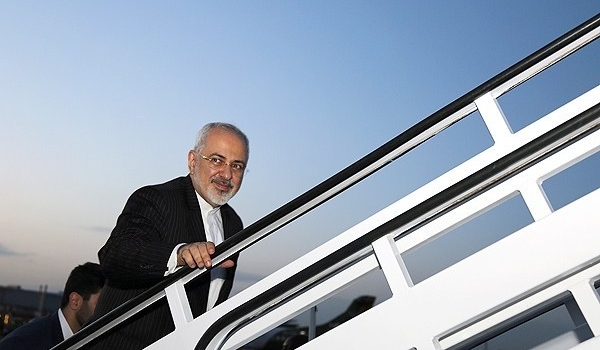 The ongoing nuclear talks in Vienna are likely to continue till July after Iran’s Foreign Minister Mohammed Javad Zarif left the city for Tehran for possible consultations over key issues that are believed to be hampering an agreement.
The ongoing nuclear talks in Vienna are likely to continue till July after Iran’s Foreign Minister Mohammed Javad Zarif left the city for Tehran for possible consultations over key issues that are believed to be hampering an agreement.
He is expected to return on Monday while the deadline for a final agreement is fixed at June 30.
Observers said that the Iranian minister went to Tehran to know the access that could be granted to nuclear monitors in a possible deal. Last week, the Iranian parliament overwhelmingly voted a bill that calls for “prohibiting access to all military, security and sensitive non-nuclear sites, as well as scientists,” according to state news agency IRNA.
The lifting of sanctions has also been of concern for Iran because it wants all the sanctions to be lifted at once if it abides by the obligations of a deal.
Delegates at the negotiations seem to be preparing for an extension but only on a short-term basis. Other countries in the Middle East are closely following the developments and have reaffirmed their opposition to a nuclear Iran.
The so-called P5+1 – the US, UK, France, China and Russia plus Germany – want to limit Iran’s sensitive nuclear activities to ensure that it could not build a nuclear weapon quickly even though Tehran has always claimed that its nuclear program is for peaceful purposes.
Before the talks began during the weekend, parties hinted that it was going to be difficult as key issues continue to hinder an agreement with France setting three conditions that must be part of any deal while Iran warned that excessive demands will lead to a standstill.
